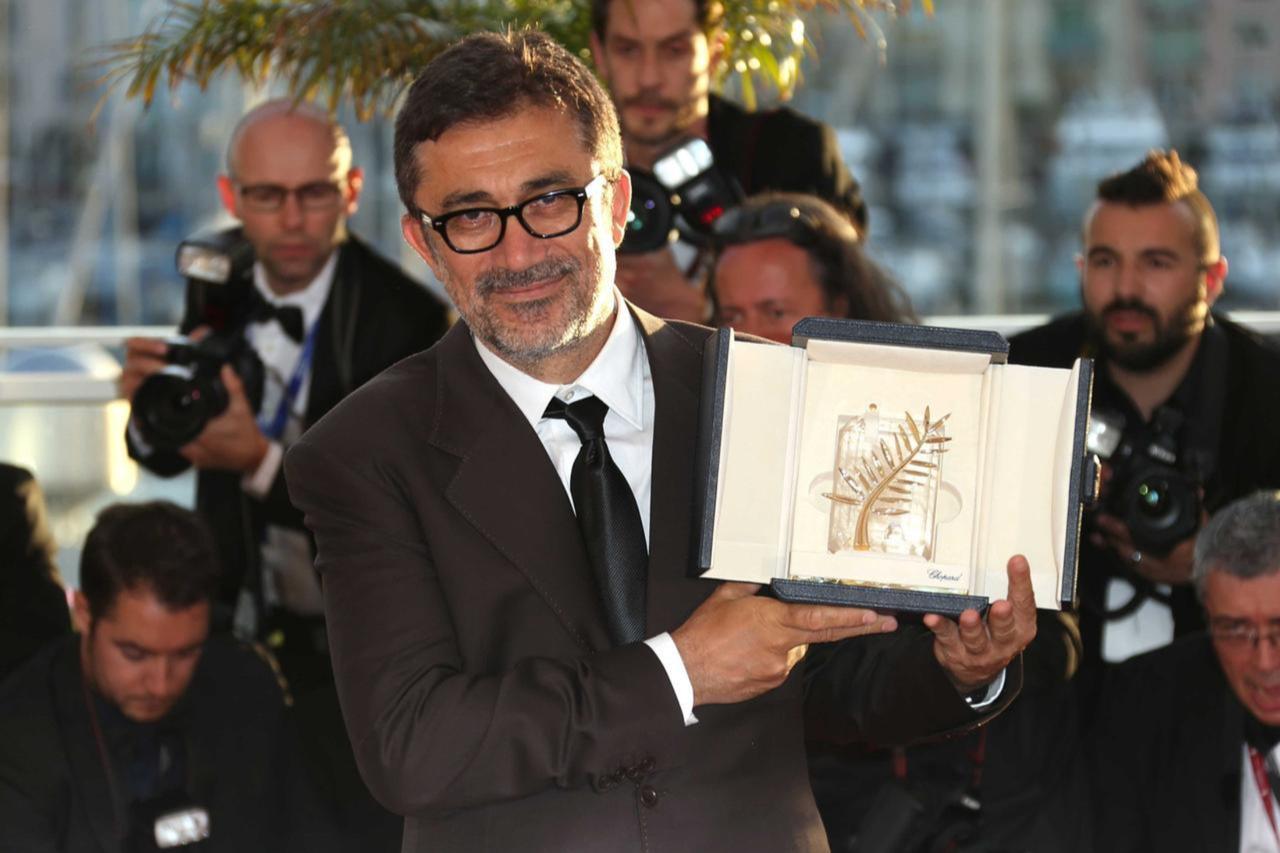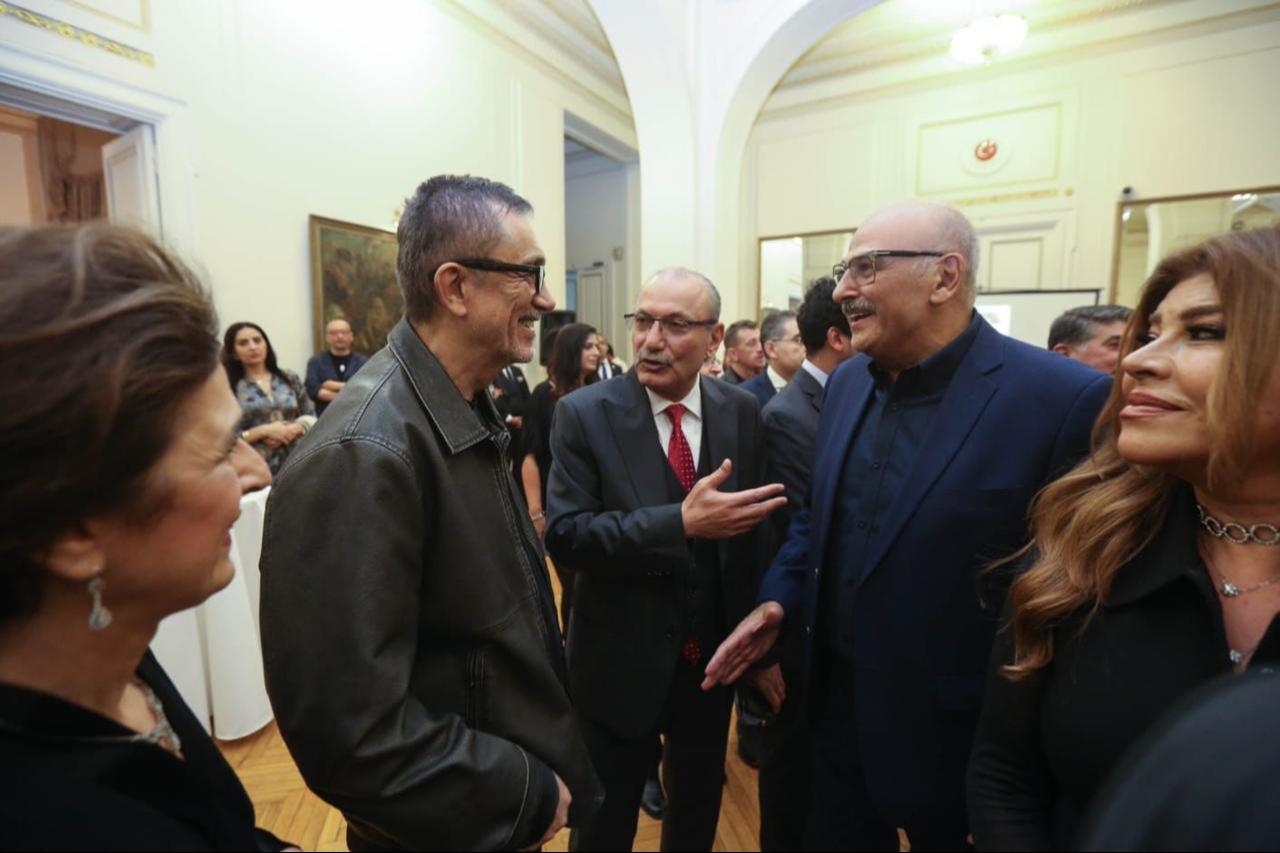
Turkish filmmaker Nuri Bilge Ceylan has responded to heavy criticism from exiled, anti-regime Iranian directors over his decision to attend Iran’s state-run Fajr Film Festival as a “special guest.”
Ceylan, invited as part of a section dedicated to Turkish cinema during the festival’s “Türkiye–Iran Culture Year,” addressed the backlash in comments to Variety.
“Boycotting a festival can certainly be understood as a form of resistance,” he said. “But depriving people who live there of the films being screened or of such encounters for any reason feels like punishing them, and that doesn’t feel right to me.”
The Iranian Independent Filmmakers Association (IIFMA), representing exiled directors, had issued an open letter urging Ceylan to reconsider his decision to attend the festival. The group argued that the festival functions as a propaganda tool for the Islamic Republic and noted that news of Ceylan’s cooperation caused “great astonishment and sadness” among those who respect his work.
The letter said the contrast between Ceylan’s perspective and the lived experiences of artists facing political repression in Iran may explain the “difference in experience” that prompted the appeal.
The statement cited the killing of 1,500 unarmed protesters in November 2019, the downing of a passenger plane in January 2020 that killed all 176 on board, and the government’s repression of the “Woman, Life, Freedom” movement as events after which the state sought to project normalcy through official cultural programs.
According to the group, the Fajr Film Festival has been one of the key instruments in the government propaganda, despite having lost meaning for much of Iran’s artistic community.

Ceylan responded that he has visited the festival multiple times over the past 40 years and has met major filmmakers in Iran. He noted that he recently taught a master class in Tehran and witnessed “an extraordinary spark” among young filmmakers and film students.
“Iran is a dynamic society with an extraordinary cinema from which I have learned a lot,” he said.
“Filmmakers living in Iran—who continue to make films and search for a way forward despite difficult and complex conditions—need these encounters and this hope more than others.”
Ceylan argued that most festivals operate within political constraints and rely significantly on state support.
“Rejecting participation for political reasons seems to me like sacrificing art to politics,” he said. “If we force festivals and the art lovers who live there to bear the sins of governments, very few festivals in the world would remain exempt from a boycott.”